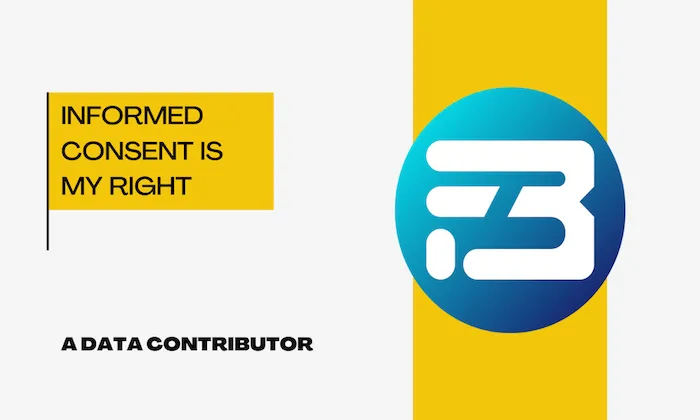Why is ethical data collection critical when working with an AI data partner?
Data Ethics
AI Collaboration
Machine Learning
Ethical data collection is a fundamental practice in developing reliable artificial intelligence systems. For AI companies, especially when collaborating with a data partner, ensuring ethical standards are met is crucial. This process not only safeguards individual rights but also enhances the quality and trustworthiness of AI models.
Why Ethical Data Collection Matters
Ethical data collection revolves around obtaining data in a way that is transparent, fair, and respectful to individuals. This involves informed consent, privacy protection, and non-exploitative practices. By prioritizing these elements, organizations create trust with contributors and users, fostering a more responsible AI ecosystem.
Benefits of Ethical Data Collection
- Trust and Confidence: When data is collected ethically, participants feel secure, leading to greater willingness to contribute. This confidence extends to end-users, who are increasingly conscious of data use and privacy.
- Regulatory Compliance: Adhering to regulations like GDPR and CCPA is essential. An AI data partner that values ethical collection ensures compliance, reducing risks associated with legal infractions.
- Data Quality and Diversity: Ethical practices result in diverse datasets, which are crucial for developing fair and unbiased AI models. This diversity enhances AI systems' performance across various demographics and scenarios.
Practicing Ethical Data Collection: Key Steps
- Informed Consent: Clearly explain to participants how their data will be used. Transparency is crucial for maintaining ethical standards.
- Fair Compensation: Recognize the value of contributors' efforts by ensuring fair payment, establishing a reciprocal relationship between the data provider and contributors.
- Anonymization and Privacy: Protect participant privacy by anonymizing data and employing robust management practices.
- Feedback and Withdrawal Rights: Allow participants to withdraw their data at any time and provide channels for feedback to continuously improve processes.
Navigating Trade-offs and Challenges
Implementing ethical data collection is not without challenges. Balancing speed with ethical considerations is critical, as rushing can compromise ethical standards and ultimately affect AI model efficacy. Additionally, ethical frameworks may require more resources, but the long-term benefits include building a trustworthy AI system. Continuous monitoring is necessary to minimize bias, which demands ongoing commitment.
Common Missteps in Ethical Data Practices
- Ignoring Contributor Rights: Failing to inform contributors about their rights can lead to mistrust and legal issues.
- Overlooking Local Regulations: Non-compliance with regional laws can damage reputations and lead to legal consequences.
- Inadequate Training: Ensure employees are well-trained in ethical practices to maintain consistency across projects.
Real-World Impact
Consider a scenario where a company, in partnership with FutureBeeAI, implements a robust ethical data collection process. By doing so, they achieve compliance, maintain high data quality, and build a diverse dataset that significantly improves their AI model’s performance across different demographics. This practical approach not only meets regulatory standards but also positions the company as a leader in ethical AI development.
Strategic Next Steps
For AI companies aiming to enhance their data collection practices, partnering with a strategic data partner like FutureBeeAI can make a significant difference. FutureBeeAI’s commitment to ethical data practices ensures that your AI models are built on a foundation of trust, compliance, and excellence. Whether you're initiating a new project or refining an existing one, FutureBeeAI can help you navigate the complexities of ethical data collection, ensuring your AI systems are not only effective but also responsible.
Smart FAQs
Q. What are the essential elements of ethical data collection?
A. Key elements include informed consent, fair compensation, privacy protection, and the right for contributors to withdraw their data.
Q. How does ethical data collection influence AI model performance?
A. Ethical data collection enhances data quality and diversity, significantly improving the accuracy and fairness of AI models across various demographics.
What Else Do People Ask?
Related AI Articles
Browse Matching Datasets
Acquiring high-quality AI datasets has never been easier!!!
Get in touch with our AI data expert now!


-data-collection/thumbnails/card-thumbnail/top-resources-to-gather-speech-data-for-speech-recognition-model-building.webp)





